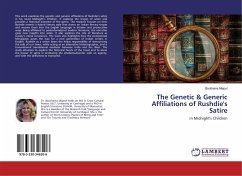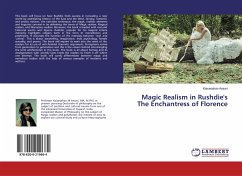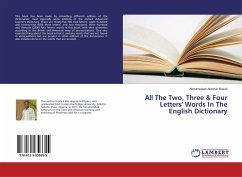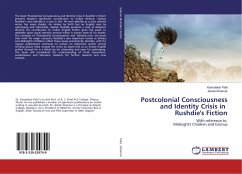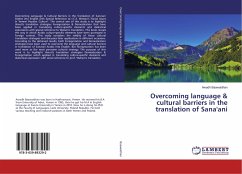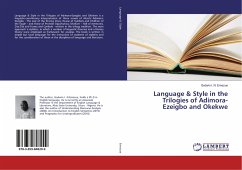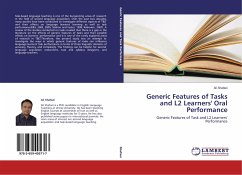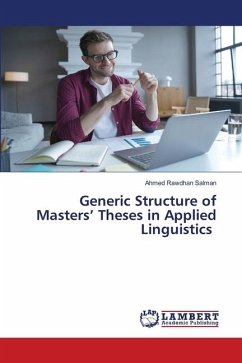This work examines the genetic and generic affiliations of Rushdie's satire in his novel Midnight's Children. It explores the tropes of satire and provides a historical overview of the genre. The research focuses on how Rushdie invents a hybrid literary style that draws on Indian literary tropes and weaves them into the English language in derisive and provocative ways. Being affiliated to postcolonial/post modern literature, the narrative gives new insights into satire. It also explores the role of literature as society's moral conscience. The work also highlights how the postcolonial Menippean paves the way for a new generation of Indian writers in English. Rushdie as a writer bears the heavy responsibility of denouncing the evils of our times, while acting as an alternative historiographer, and a transnational translational mediator between India and the West. The study attempts to explore the historical facets of the novel and to show the power of satire in endowing the intellectual/writer with an agency, and with the skilfulness to transcend.
Bitte wählen Sie Ihr Anliegen aus.
Rechnungen
Retourenschein anfordern
Bestellstatus
Storno

